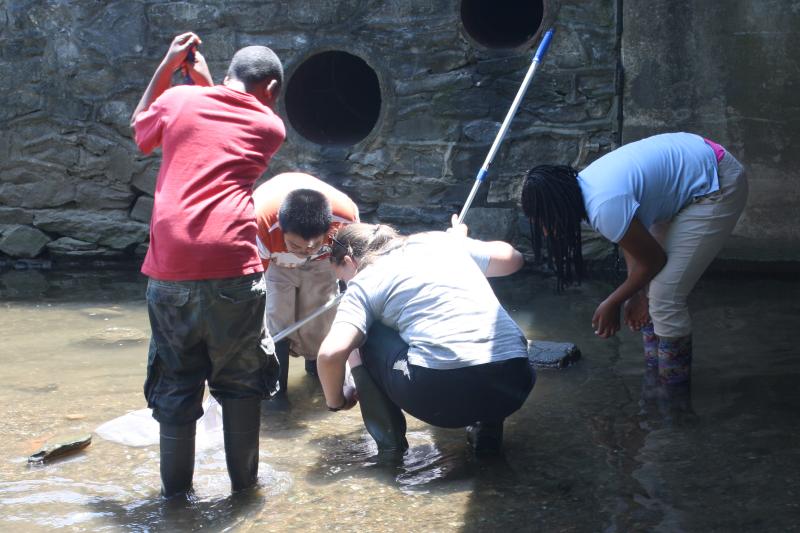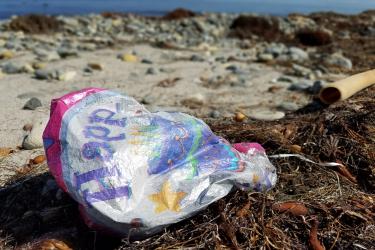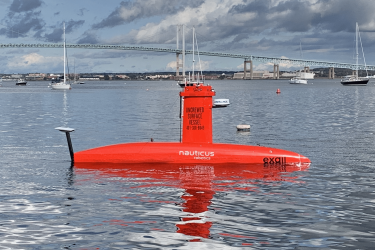We’re celebrating a big milestone: In only 2 years, the NOAA Chesapeake Bay Office has certified that 1,000 people have taken the “Meaningful Watershed Educational Experience 101” online training course. “MWEE 101,” which went live in spring 2019, is a free, self-paced course. It teaches how to use the MWEE framework through case studies from elementary, middle, and high school.
When educators in Chesapeake Bay watershed states complete the course, they earn continuing education credits. More than 600 of the certificants are K-12 classroom teachers, who find the training has high relevance for their work.
“What an excellent opportunity for students, teachers, and the community to all work together to fix issues that are relevant to all that live in the area,” said Beth Camden, who teaches physical science to seventh graders in Virginia.
Environmental education happens in school, but it also takes place in other settings like nature centers. To advance their skills, close to 200 non-formal educators have taken the MWEE 101 course, too.
Stevie Kitching, who works for Lancaster County Parks in Pennsylvania, noted that MWEE 101 is a great fit for these educators: “I took this course because I only get to work with students for a brief period of time when their teachers bring them for learning trips, and I want to be sure that they are getting the best watershed education possible to take home with them. I will be able to use the skills I've obtained through this course in many of my future environmental programs, regardless of the subject matter.”
Many people who are studying to become teachers are taking the course to learn how to incorporate environmental literacy, stewardship, and civic action into their teaching. The MWEE 101 course is a great fit for them, too.
Jeremiah Thomas and Amanda Emerson are both studying at Towson University in Maryland. They earned certificates for the MWEE 101 course because they saw how it would help them.
“It provided me with a different lens to teach my students on how science is evolving everyday,” said Thomas. Emerson described that the course “guides you every step of the way, and makes you think about your own impact on the environment in which you live. This engagement and critical thinking is essential for students to make a difference in their own communities.”
People who take the course benefit from its interactive features like videos and activities. The course gives educators tools they need to integrate a MWEE into the curriculum. That helps students connect what they learn to a local environmental issue. They also better understand how their actions affect the environment and how they can take action for positive change.
More Educational Resources
MWEE 101 is just one of a number of free NOAA Chesapeake Exploration courses and online resources available, including webinars and virtual workshops. You can work through the courses at your own pace. Chesapeake Exploration features information to help educators build their knowledge about MWEEs, Chesapeake Bay-related science topics, and teaching. Please let us know if you have any questions!


